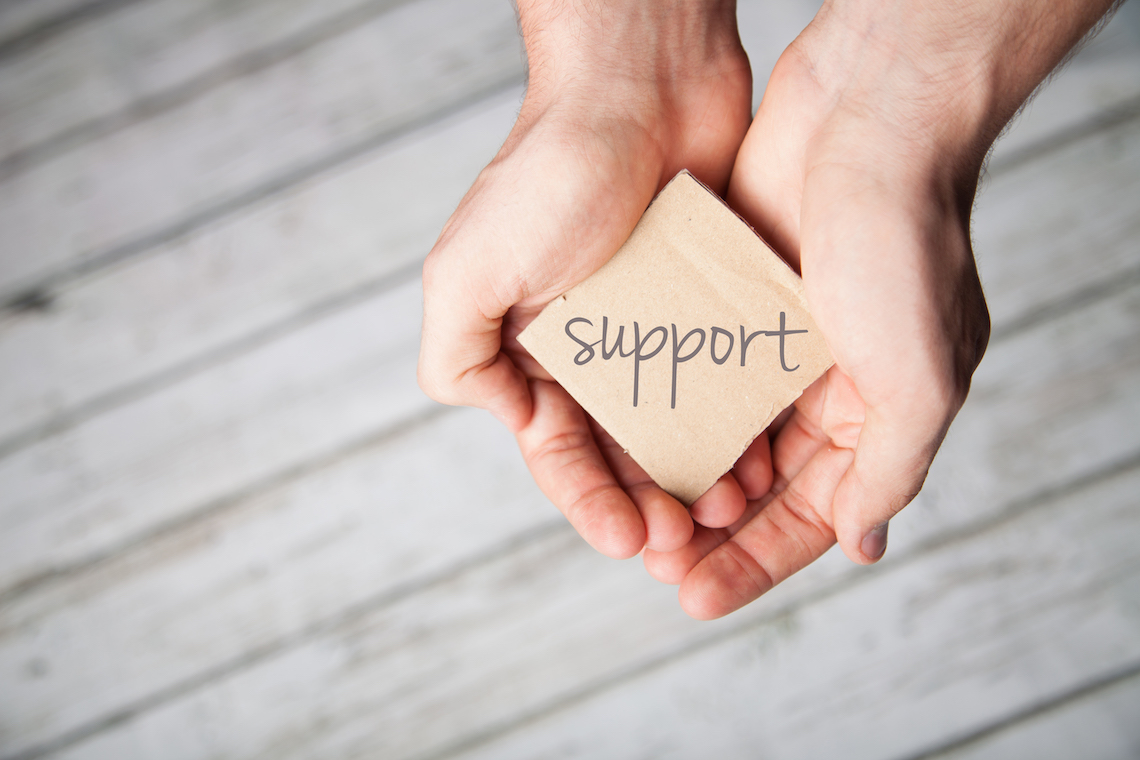As we come out of COVID-19 isolation, leaving our ‘working from home’ havens and stepping through the staged return to our ‘new normal’, we thought we would take this opportunity to highlight some positive learnings in a Case Study article.
Regional Housing Limited (RHL) is a not-for-profit organisation managing emergency, transitional, and long-term social housing in Bundaberg and with satellite operations in Fraser Coast, North and South Burnett Regions. They deliver a range of dedicated programs that support individuals and families experiencing a complex range of personal and social issues. Their programs are funded through a variety of Government agencies and they aim to take care of the more vulnerable parts of society that are often forgotten about.
In March as COVID-19 was ramping-up internationally, RHL took a proactive approach, pre-emptively initiating some of its Business Continuity Planning principles to identify which clients within their services and programs would be at-risk, and diverting more energy into servicing their more at-risk sites such as their shared housing and youth shelters programs, the more vulnerable lower-socio-economic senior citizen client base, and managing the risks to achieve this.
Discussions with RHL Management outlined that they initiated the ‘planning’ phase of their BCP processes, drawing elements from the documented BCP that were appropriate to apply (since, like many organisations, they did not have a specific Pandemic Plan). They then implemented these elements, utilising the various government guidelines while also being cognisant of their own organisational and personal risk exposures, to maintain much needed services for the Fraser Coast and Burnett Region.
While they had had some previous experience with business disruption as a result of the 2011 and 2013 floods, the issues associated with COVID-19 were distinctly different. However, despite a lack of specific pandemic planning, RHL’s risk-conscious culture, their operational agility and their use of risk analysis as part of their standard Managerial decision-making process structured a framework for their actions during the isolation phase, which continues as we step through the recovery period.
While responding to the crisis, all RHL’s managerial decisions considered the various facets of risk; from the internal operational perspective incorporating the need to support the more-vulnerable components of society and the health risks for the support staff in the field, through to the reputational risk impacts.
RHL had the foresight to keep notes and key learnings (positives and negatives) all throughout the isolation phase. These weren’t just the actions from their weekly and daily meetings, but an array on insights that will be integrated during a review of their Risk Register, their Business Continuity Plan, and their operational risks – all now to be considered from a pandemic perspective.
RHL reports two beneficial by-products from COVID-19: firstly that they were able to filter risk management principles down into their operational decision-making, providing a learning experience within a practical context; and secondly that their model of risk-based operation was recognised by government agencies and led to further program opportunities.
The most inspiring part of their journey is that they managed to do all of this despite their relatively small size, and their not-for-profit status with a limited budget. Well done RHL management and staff, and thank you for sharing your experiences.









